What is HPLC?
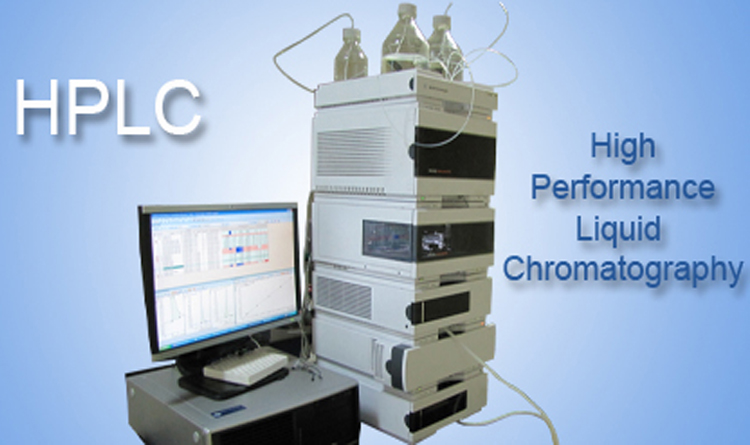
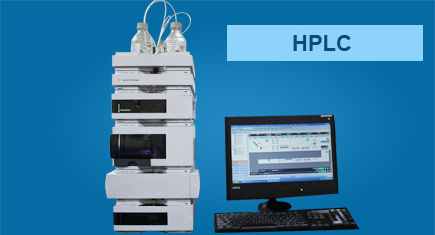
The basic question that needs a simple answer is “What is HPLC?” In simple terms HPLC is an analytical technique used for separation of components of organic mixture of compounds when such compounds are nonvolatile, thermally unstable and have relatively high molecular weights.
A liquid carrier stream termed as the mobile phase serves to carry the injected sample through the separation column and to the detector. In the separation column the individual components are separated on the basis of physico – chemical interactions and the elution order is based on such interactions. The separated components are detected by the detector on the basis of absorption of light or changes in refractive index, electrochemical/conductivity changes or simply the size distribution of eluting molecules.
Detector response is in the shape of peaks having area in direct proportion to the amount present. The output is monitored and evaluated by the operating software which not only does required calculations on response but also supports operating parameters like injection volume, injection sequence, detection wavelength, wash cycles, etc.
Today the advanced features of available softwares have made operation highly user-friendly. Majority of time spent by user is in mobile phase preparation, preparation of buffers and standards and making record entries. Joining the Certificate Programme on HPLC could be a right decision to gain an insight and get a satisfying answer to your question “What is HPLC?”
Separation sciences have contributed immensely to growth and understanding of analytical chemistry and a better control over quality of consumer products such as pharmaceuticals, foods and beverages, polymers, environmental monitoring, etc. Major credit goes to chromatographic techniques and HPLC in particular.
Our experience in commercial testing of products made us realize the potential application and scope of HPLC and this encouraged us to share our skills with other users and newcomers to the field of analytical chemistry. With this objective we decided on launch of free e–learning course followed by a comprehensive Certificate Program on HPLC.
In the past few months we have uploaded several blogs covering different operational aspects of HPLC. The blog on What really goes into running a HPLC : infographic highlights that HPLC operation is not just grasp of a few operational commands and interpretation of results but an understanding and practice of the 18 steps that we feel will transform you from novice to an expert in the understanding and operational aspects of HPLC.
To learn more about HPLC you can join our courses, click here to learn more about the courses we offer.

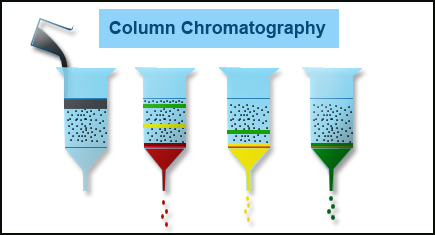
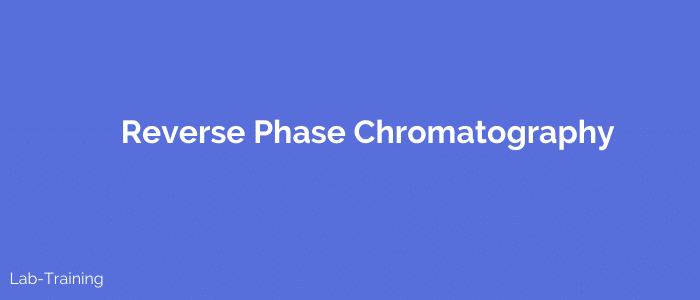
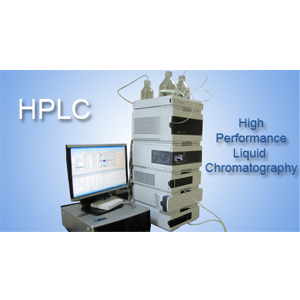

what is compresibility in HPLC ?
Dear Sanjay,
Compresibility in HPLC refers to the pressure applied by the pump to the mobile phase to allow it to flow at a pre-defined rate through the column.Column dimensions and particle size of the packing decides the required pressure.Normal analytical applications require 2000-6000 psi pressure whereas UHPLC work will require pressures in the range of 15000-18000 psi.
Regards
[…] HPLC and GC are separation techniques which have gained a strong foothold in chemical laboratories. The basic purpose of both techniques is to separate and quantify the components of organic mixtures. […]
Good article, informative
Dear Sir
literature is very useful. but we have RI detector. so more informations was given for detector RI .
Thanks
Yours
S.B.Trivedi